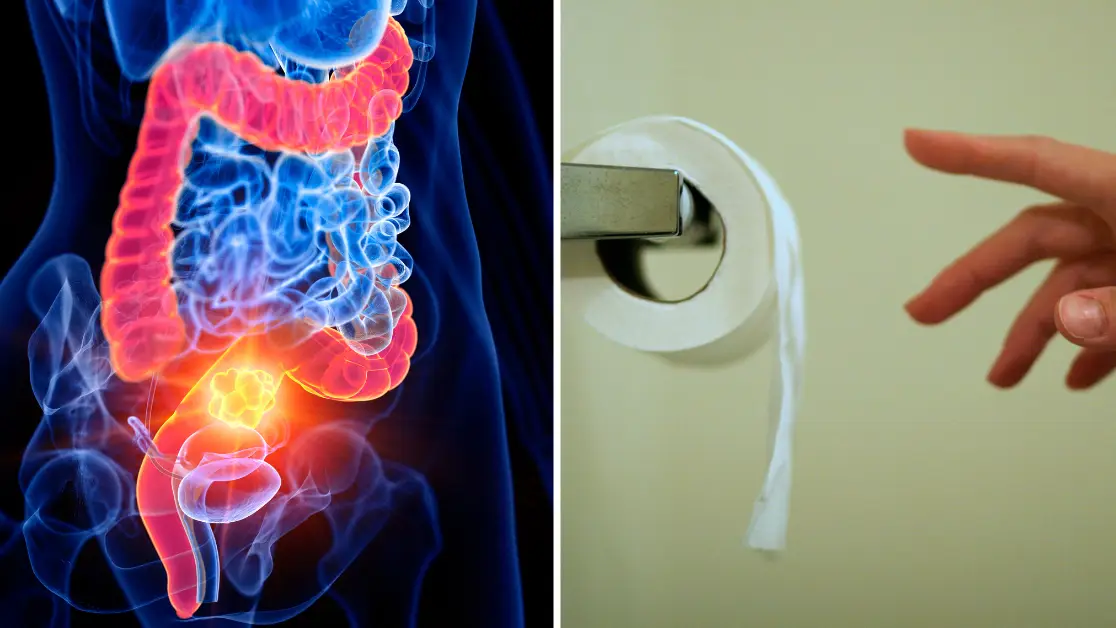
Specialists have outlined two common symptoms of a type of cancer that Gen Z and Millennials should look out for.
New research from the American Cancer Society (ACS) has found that the cancer is on the increase in people under 50.

Its major study, published in The Lancet Oncology journal, has found that early-onset tumours have become a ‘global phenomenon’ and that rates of bowel cancer have increased in 27 of 50 countries.
Advert
The 2024 report from ACS states that colorectal cancer - which can affect the colon and rectum - is the leading cause of cancer death in men and the second in women.
Although highly treatable, getting a bowel cancer diagnosis from a practitioner can be a scary prospect.
But if you ignore key symptoms, you run the risk of the disease spreading further and affecting other organs such as your heart and liver.
Experts from Yale Medicine Colon & Rectal Surgery want to change the tide and get young people diagnosed with bowel cancer quickly.
They’ve therefore outlined two serious symptoms of colorectal cancer which should prompt you to book an appointment with a GP as soon as possible.

These are rectal bleeding and a change in bowel habits.
“Even if you're in your 20s or 30s, you should get checked out if you have rectal bleeding, if you have any change in your bowel habits, any change in appetite (like feeling ‘full’ early), weight loss, or abdominal pain that is not explained," Dr Haddon Pantel says.
“Your symptoms may be different than those of someone you know who had colorectal cancer.”
Dr. Pantel added that many people ‘misunderstand rectal bleeding as a symptom’.
“So many patients are referred to me for treatment of hemorrhoids, but you need to make sure rectal bleeding is not something more serious—no matter how old the patient.”
The NHS adds that bleeding from the bottom can be easy to treat if found early, so it’s important to get checked.

Vikram Reddy, a colorectal surgeon advises that anyone who is experiencing a ‘change in their bowel habits’ should get a colonoscopy.
This medical procedure allows doctor to test the inside of your bowels and can help you get a quick diagnosis if anything serious is going on inside your colon.
Whittington Health NHS Trust states that a change in regular bowel habits could include looser, more frequent or just different stools.
If this peculiar change of events lasts for more than three weeks, then this could be a definite red flag.
If you’ve been affected by any of these issues and want to speak to someone in confidence, contact Macmillan’s Cancer Support Line on 0808 808 00 00, 8am–8pm seven days a week.
